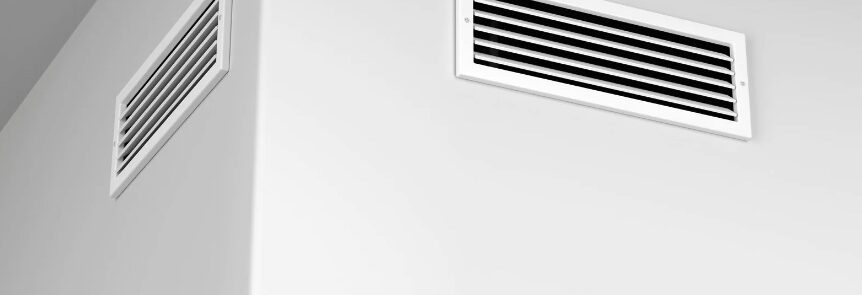 Is your home’s upstairs hot in the warmer months, and the basement freezing in the colder months? Ever asked, “Why is my upstairs so hot?” It’s a common issue that can be quite frustrating, especially when you’re trying to get a good night’s sleep or make the most of your living space. In this article, we’ll explain the reasons behind the temperature imbalance in multi-level homes, and discuss how HVAC split systems can provide a reliable solution for this issue.
Is your home’s upstairs hot in the warmer months, and the basement freezing in the colder months? Ever asked, “Why is my upstairs so hot?” It’s a common issue that can be quite frustrating, especially when you’re trying to get a good night’s sleep or make the most of your living space. In this article, we’ll explain the reasons behind the temperature imbalance in multi-level homes, and discuss how HVAC split systems can provide a reliable solution for this issue.
Common Causes of an Overheated Upstairs
There are several factors that contribute to an upstairs that’s significantly hotter than the lower levels of your home. Some of the most common reasons include:
- Hot Air Rises: It’s a basic principle of physics – hot air is lighter than cold air, so it rises. This natural occurrence means that heat accumulates in the upper levels of your home, creating uncomfortable living conditions.
- Insufficient Insulation: Inadequate or improperly installed insulation can cause heat to seep into your upstairs rooms from the attic, roof, or exterior walls. This is particularly common in older homes, where insulation may have settled or become less effective over time.
- Poor Air Circulation: A lack of proper air circulation can trap heat upstairs. This can be the result of blocked vents, closed doors, or an improperly sized or designed HVAC system.
- Solar Heat Gain: The sun’s rays can heat up your upstairs rooms through windows and roof materials, contributing to a warmer temperature on the upper floors.
How HVAC Split Systems Can Help
One effective solution for maintaining a comfortable temperature in your entire home is the installation of an HVAC split system. These systems offer several advantages that can help alleviate the issue of a hot upstairs:
- Independent Temperature Control: HVAC split systems allow you to control the temperature in each zone or room independently. This means you can set a cooler temperature for the upstairs rooms without freezing the lower levels of your home. This customization helps maintain an even temperature throughout your house, regardless of the floor.
- Energy Efficiency: Split systems often provide improved energy efficiency compared to traditional HVAC systems. By only cooling the specific areas where it’s needed, you can save energy and reduce your utility bills.
- Flexibility: HVAC split systems can be installed in various configurations, making them ideal for multi-level homes. These systems can be either ductless or ducted, allowing you to choose the best option based on your home’s layout and design.
- Quiet Operation: Unlike some traditional HVAC systems that can be noisy, split systems typically operate quietly, ensuring that your home remains peaceful even while maintaining a comfortable temperature.
What Are HVAC Split Systems?
An HVAC split system is a type of heating, ventilation, and air conditioning system designed to provide independent temperature control for different areas or zones within a building. It is called a “split system” because it consists of two main components: an indoor unit (air handler or evaporator) and an outdoor unit (condenser or compressor). These components are connected by refrigerant lines, electrical wiring, and sometimes ductwork, depending on whether the system is ductless or ducted.
The indoor unit is responsible for distributing conditioned air throughout the designated zones, while the outdoor unit expels heat and cools the refrigerant. In a ductless split system, multiple indoor units can be connected to a single outdoor unit, allowing for precise temperature control in each room or zone. This type of system is known for its energy efficiency, flexibility, and quiet operation, making it an ideal choice for maintaining comfort in multi-level homes or buildings with varying temperature requirements.
Interested in an HVAC Split System?
At Rogers & Sons, Inc., we’re experts at installing split systems in both residential and commercial properties. Get in touch with an expert today to see how an HVAC split system can benefit your home or business.


